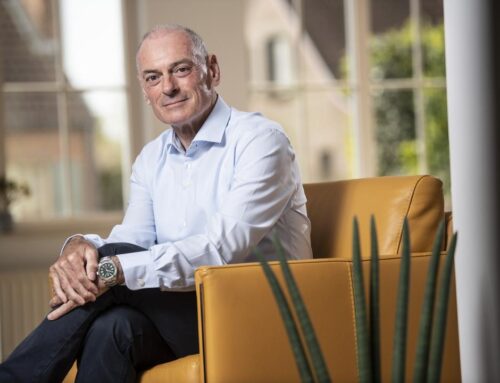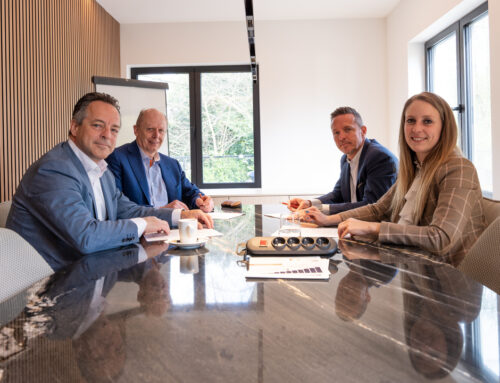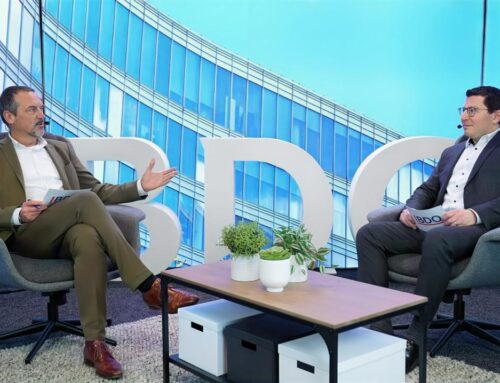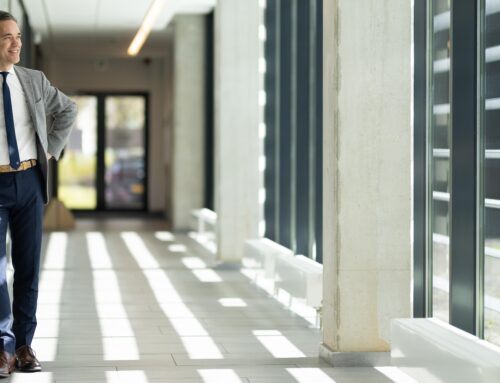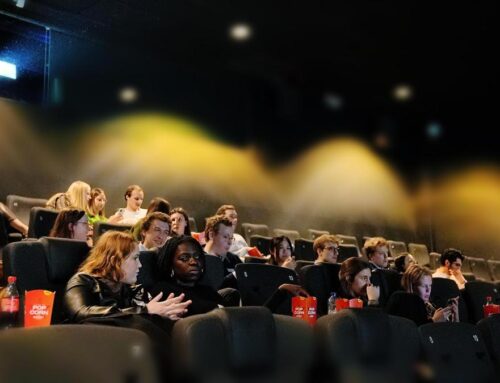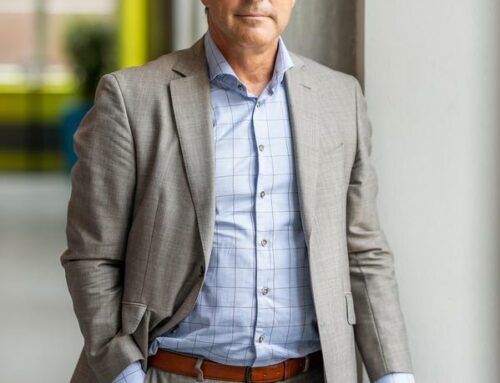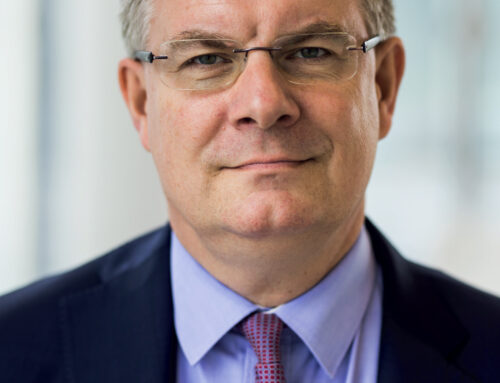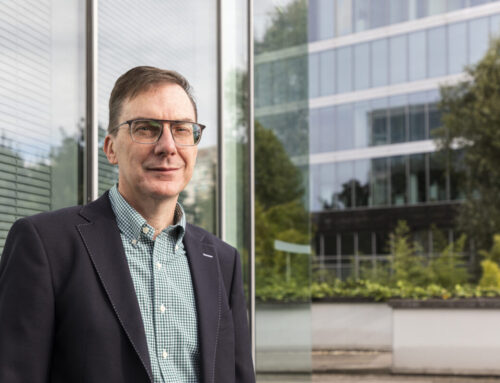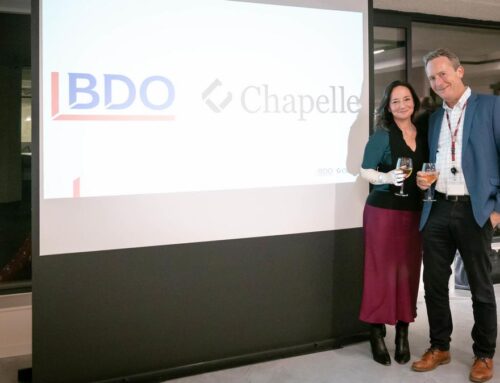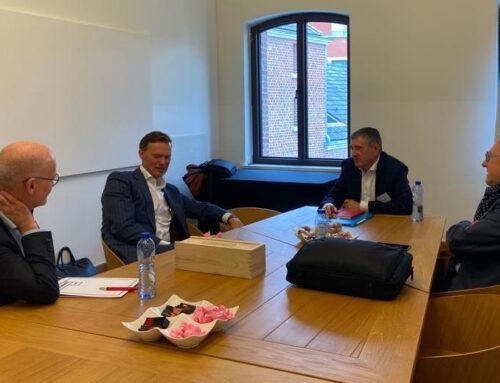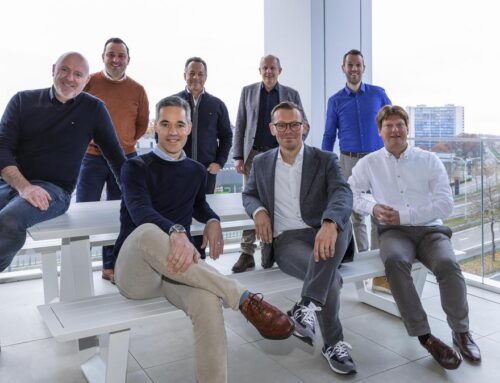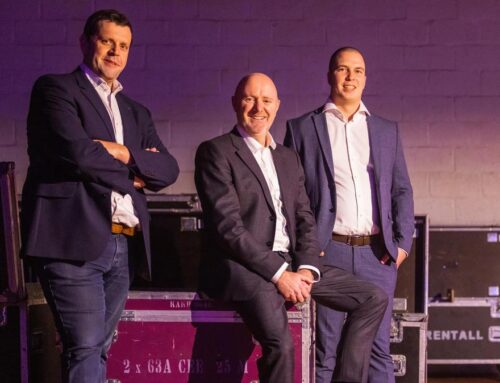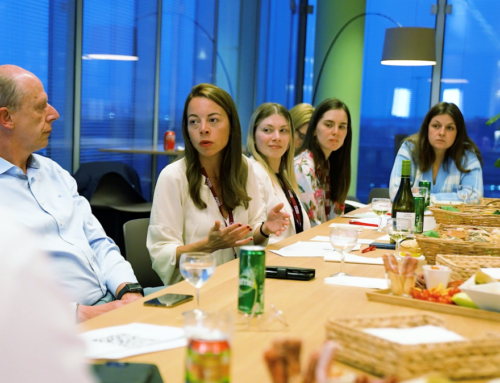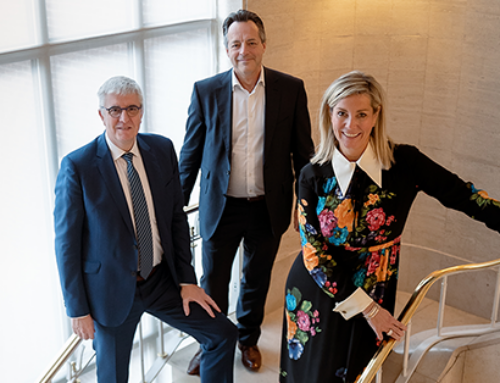Rejuvenate Biomed, with support from BDO, is helping eliminate age-related illnesses
“Surrounding yourself with the right people is at least as important as the scientific idea.”
Rejuvenate Biomed is a biotech company located on the Health Campus in Diepenbeek. Surrounded by similar life sciences and health organisations, a dedicated team led by Dr Ann Beliën, founder and CEO of Rejuvenate Biomed, focuses on tackling ageing processes and age-related illnesses. What is it like as a biotech in the current economic climate? What are the trends, challenges and future perspectives?
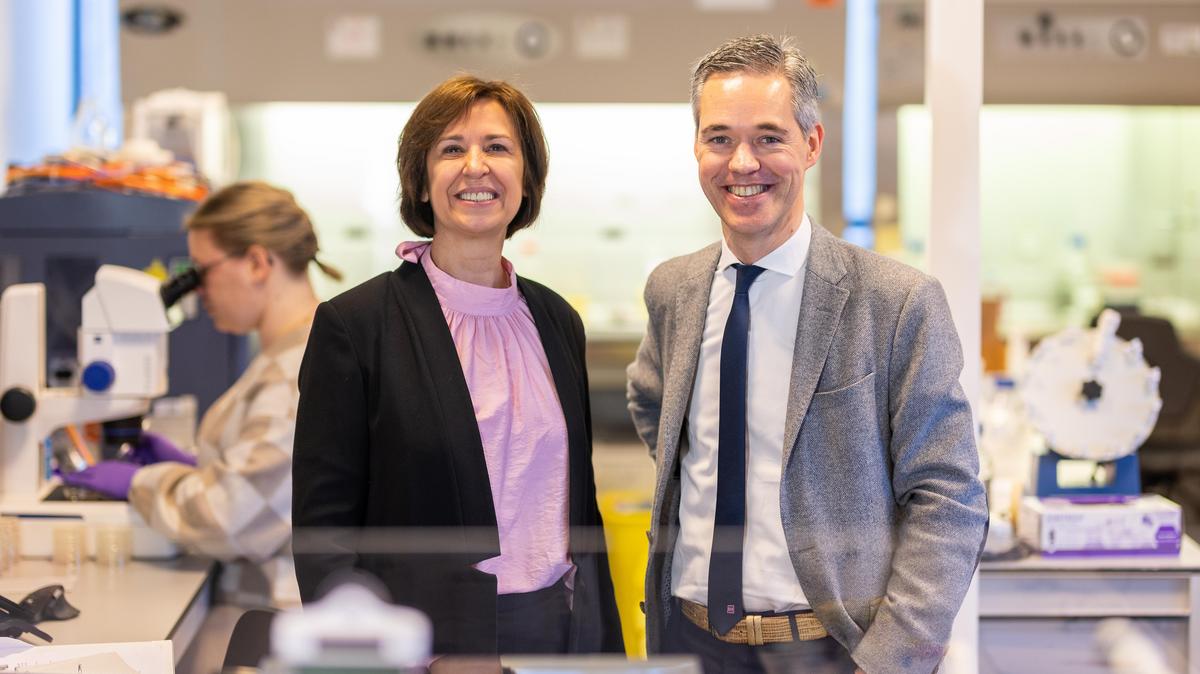
Investors are less eager in the current economic climate, but fortunately many advisers and international groups support us.
How did Rejuvenate Biomed and the idea of tackling ageing processes in the human body come about?
Ann: “During my career at Janssen Pharmaceutica, one of the things I immersed myself in was the treatment of age-related illnesses. Despite the fact that a great deal of interesting research around this theme already existed, I was looking for a different way to approach these ageing processes as a whole. And that is how I ended up in what is called the biology of the ageing process, where we study age-related illnesses via a general mechanistic cellular approach. The goal was, by combining existing drugs, to keep the cells in our body healthy for longer and thereby to try to delay the onset of these illnesses.
When this proved to be a valuable approach – and also a business opportunity in the form of a biotech – the only question left was whether I would want to leave Janssen Pharmaceutica to develop this idea further myself. Since I was convinced about this approach and had been taught at home that if you believe in something you should go for it, I dared to take the step – and Rejuvenate Biomed was founded in October 2017.”
What are the biggest obstacles in your sector at the moment?
Ann: “At Rejuvenate, we are looking for mechanisms at the cellular level that are common in the human body so that we can influence multiple organs simultaneously and counteract ageing processes such as, for example, muscle weakness or sarcopenia. One of the major challenges in the ‘ageing’ sector is demonstrating that a particular drug has a positive effect on multiple organs. But we are optimistic about our ultimate success.
There is also, of course, the regulatory aspect to consider. At the moment, there is no clear regulation (yet) regarding the development and marketing of a product for ‘ageing’. In order to create more clarity, we are engaging with the FDA (Food and Drug Administration, US) and the EMA (European Medicines Agency, EU) in a number of ways. For example, our advisory board includes key opinion leaders and advisers who are working with us and our colleagues towards a common goal. It can be seen as a community that wants to take the next steps in the world of ageing.”
Above all, it is thanks to all our colleagues, volunteers and outside support that we get our medicines to patients.
What are the trends within ‘ageing’? How do you usually go about your work?
Ann: “There are multiple ways of working within our sector, which everyone combines in different ways. For example, we start from an artificial intelligence perspective to determine which products already on the market are safe to combine. Furthermore, we also look at the potential impact of that combination on the 12 already identified characteristics of the biology of ageing. The system then predicts which combination can positively influence as many of these characteristics as possible. We then confirm this in our animal models – first with worms and then with mice, before moving on to humans in a later phase.
Of course, a great deal of responsibility is involved. Together with Bioage Labs, we are the only ‘bio-ageing’ company that is already conducting clinical trials towards Phase 2. So, making mistakes is absolutely out of the question. Furthermore, a great deal of progress has already been made academically – but many start-ups and spin-offs are still in the pre-clinical research phase and have thus not yet evolved to the clinical development of a product.”
What is it like as a biotech in the current economic climate? Do you spot a big difference in investors in Europe and beyond?
Ann: “In all sectors – not only in ‘ageing’ – you notice that many parties are less eager to invest. There are a number of very large investment organisations that do have stable funding, but that is not at all as straightforward as it used to be. As far as ‘ageing’ is concerned, the US investment market is much larger than the European one – although the market around muscle disease sarcopenia is more active in the EU. So, we really need to compromise a bit between the different markets, but we have a lot of advisers and international groups that support us.”
How did you connect with BDO, and what is the added value of an external adviser for you?
Ann: “For us, the personal link was very important. We were looking for people who fit into our way of thinking, with the same norms and values. We talked to various parties, but with BDO we were on the same page. During our discussions with Gert Maris, Partner and Sales Director BDO Belgium, we felt that the human and collaboration aspect were definitely present.
Of course, there is also the expertise – but the personal match was really the decisive factor. We love getting to know the teams who work with us and with whom we sit together at the table, motivated to get things done. There is mutual respect, not only for each other’s expertise but also for the way we communicate.”
Sustainability is becoming more important in every sector. How does Rejuvenate approach this?
Ann: “Sustainable entrepreneurship is very important to us. So, we included it in our goals from Day 1 and have applied it to the working methods within our organisation. For example, our building is constructed from recoverable elements, and we’re actively working on defining our sustainability path even further, in both the short- and the long-term.
Currently, we are located on the Health Campus in Diepenbeek – a very deliberate choice, as there really is a community of organisations here working around the same topics. To give this community even stronger cohesion, we often work together and exchange expertise with the different sectors that are present. There are also departments from Hasselt University, UCLL and PXL that are situated here. The interaction with STEM students is important in helping to shape the future generation.”
What determines Rejuvenate’s success?
Ann: “Our organisation is what it is today thanks to the people: everyone who supports us from the outside, investors and advisers, as well as those who carry out the projects internally, the team, and all the volunteers who participate in the clinical studies. Thanks to them, we can work together towards a common goal and get our medicines to the patients who need them. A good scientific idea alone will not get you there. So above all, I’m enormously grateful. The energy I get back from my job is immense, and I look forward to what the future holds for Rejuvenate Biomed.”


